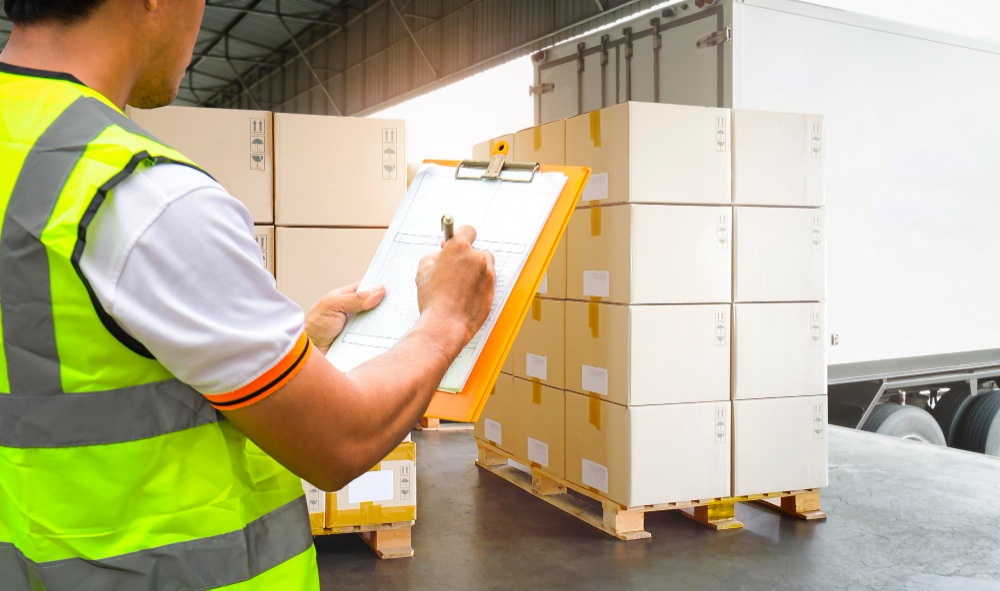


 149,200 Offered Certificates
149,200 Offered Certificates
 24/7 Online Training
24/7 Online Training
 Money Back Guarantee
Money Back Guarantee
 Fully Accredited Courses
Fully Accredited Courses

Created at: 2024-03-21 19:49:39
While abrasive wheels play a crucial role in various industries, it's essential to consider their environmental impact and explore sustainability measures. Here's an overview of the environmental considerations associated with abrasive wheels and how organizations can adopt sustainable practices:
Material Sourcing: Abrasive wheels are typically made from abrasive materials such as aluminum oxide, silicon carbide, or diamond. Organizations can prioritize sourcing abrasives from suppliers that adhere to sustainable practices, such as using recycled materials or minimizing energy consumption in production processes.
Energy Efficiency: Manufacturers can invest in energy-efficient production processes for manufacturing abrasive wheels to reduce energy consumption and minimize carbon emissions. By optimizing manufacturing processes and adopting energy-saving technologies, manufacturers can lower their environmental footprint.
Recycling and Reuse: After abrasive wheels reach the end of their life cycle, organizations can explore recycling and reuse options to minimize waste and conserve resources. Recycling abrasive wheel materials can help recover valuable metals and minerals, reducing the need for virgin raw materials and lowering environmental impact.
Product Design: Manufacturers can prioritize product design that emphasizes durability and longevity, leading to extended abrasive wheel lifespans and reduced waste generation. Designing abrasive wheels for easy disassembly and recycling can further enhance sustainability by facilitating end-of-life material recovery.
Waste Management: Proper disposal of worn-out or damaged abrasive wheels is crucial to prevent environmental contamination. Organizations should implement waste management practices that comply with local regulations and prioritize responsible disposal methods, such as recycling or hazardous waste disposal services.
Emissions Reduction: Minimizing emissions from abrasive wheel operations, such as dust and particulate matter, is essential for protecting air quality and reducing environmental pollution. Employers can invest in dust collection systems, ventilation equipment, and emission control technologies to mitigate emissions and ensure compliance with environmental regulations.
Lifecycle Assessment: Conducting a lifecycle assessment of abrasive wheel products can help organizations evaluate their environmental impact across the entire product lifecycle, from raw material extraction to end-of-life disposal. By identifying areas of high environmental impact, organizations can implement targeted sustainability initiatives to reduce their overall footprint.
Education and Awareness: Promoting education and awareness among employees about the environmental impact of abrasive wheels and the importance of sustainability can foster a culture of environmental responsibility within organizations. Encouraging employees to minimize waste, conserve resources, and support sustainable practices can contribute to overall sustainability efforts.
By considering these environmental considerations and adopting sustainable practices, organizations can minimize the environmental impact of abrasive wheels and contribute to a more sustainable future.
For accredited Abrasive Wheels training courses in Dublin, trust Ireland Safety Training. Visit Ireland Safety Training to learn more or contact us via email at [email protected].